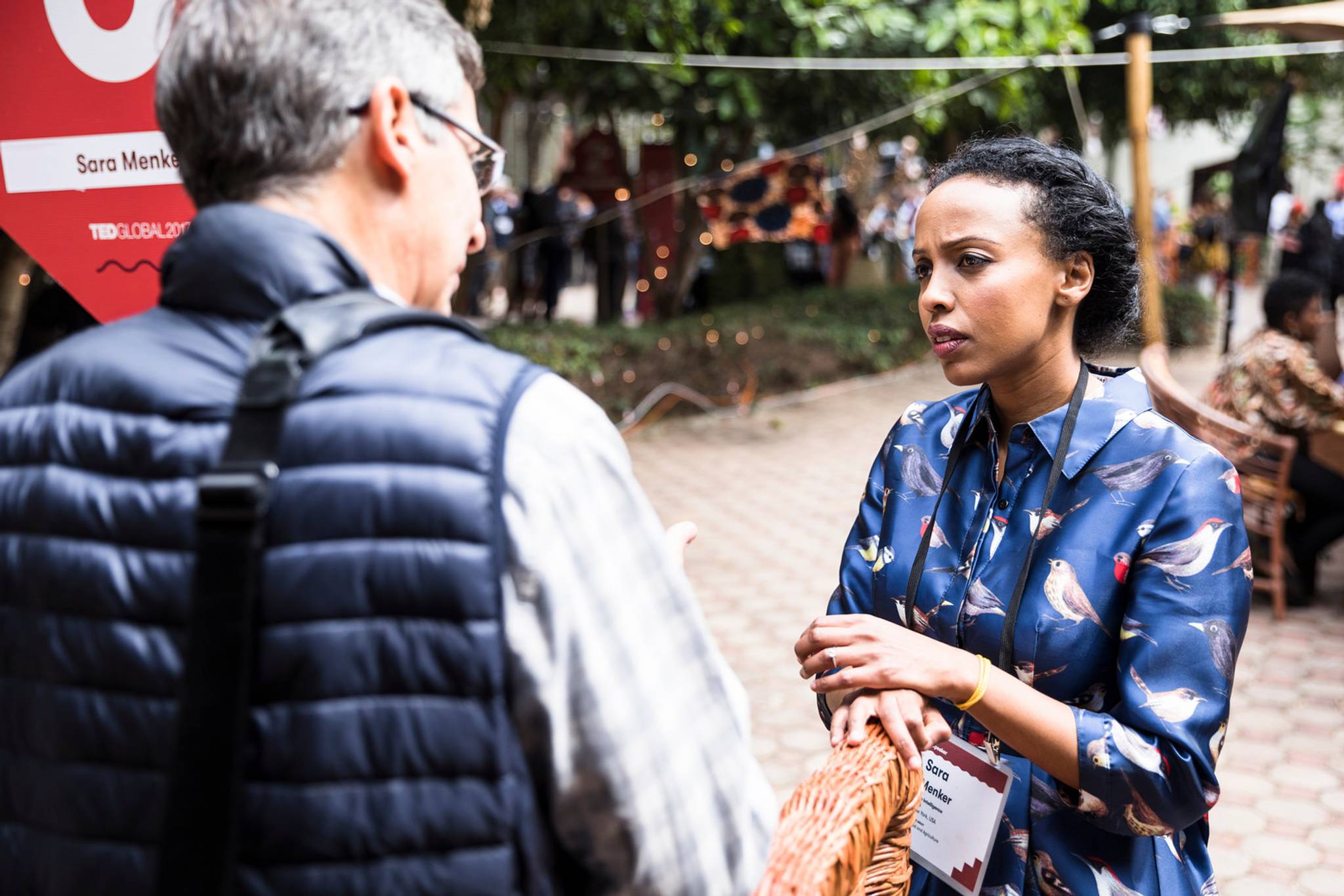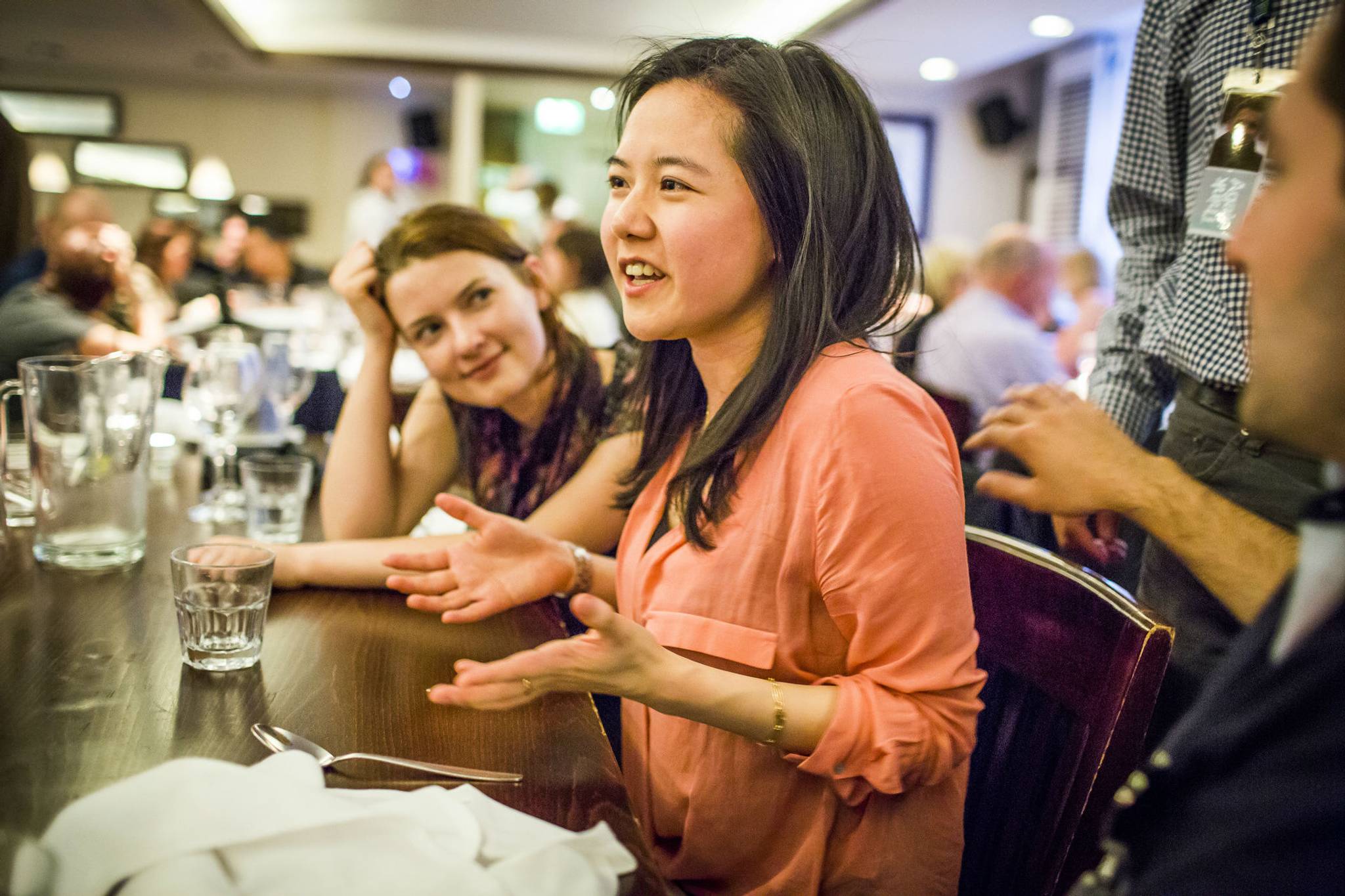
Behavioural sciences have recently come under fire after the Cambridge Analytica scandal shed light on the power of harnessing behavioural biases. Though these strategies have been observed in social psychology for the better part of a century, and are increasingly being applied in marketing and advertising in both the public and private sectors, the ethics of ‘nudging’ is under considerable scrutiny as the digital privacy debate heats up. We explore the insights behind the application of behavioural sciences in a socially-aware digital world.
As insights partner for Nudgestock 2018, Canvas8 sat down with Rory Sutherland, founder of Ogilvy Change, and Dr. Oliver Pattenden, senior behavioural strategist at Canvas8, to discuss how we can use behavioural insights to nudge for good. Our discussion focused on how social change depends on either stigmatisation or normalisation, and how behavioural sciences can be used to nudge people toward healthier choices and more tolerant viewpoints. This is already being employed as an innovative strategy for influencing people to make better choices in US, where the government is using behavioural insights to positively affect public health outcomes, and also in UK as the Behavioural Insights Team works to address everything from innovating transport to education.
We also touched on what change actually looks like. “Societal and attitudinal shifts involve social change and the pattern typically follows a sigmoid curve. What this means is that, at first, change happens slowly, but then accelerates very rapidly as the new opinion becomes more widely held.” says Sutherland. As advertisers and marketers, so much of what we do is about changing behaviours to either catch consumers’ attention or to switch to another brand. Social change is, indeed, a vital part of understanding the behaviours underpinning how people make decisions and plan for the future, and if we are to remain relevant in an increasingly digital world, we need to make sure our practices are on the right side of history.
How can we do this? Well, part of staying relevant is ensuring that we’re not complacent about our practices. “At that moment of complacency, there’s a temptation to congratulate ourselves on societal progress well made, and those who stand to benefit from social regression – those in positions of power – might not be so complacent. There’s always the possibility that social change can work itself back towards a status quo that once seemed extinct or, at least, insignificant,” says Dr. Pattenden. Being good generating behavioural insights comes with considerable responsibility for the power that these insights give us over the people we observe. If we don’t want to end up on the wrong side of consumer opinion, making sure we’re nudging for social good is the best way to future-proof our strategies for the long-run.
Dr. Karen Correia da Silva is a Senior Behavioural Analyst at Canvas8, where she uses ethnography and semiotics to help brands to better understand people. As a diversity and inclusion scholar in media and organisational behaviour, Karen’s ten years of award-winning qualitative research and consultancy work has helped creatives, organisations, FTSE 100 companies, and public policymakers to work better, do better, and be better.



